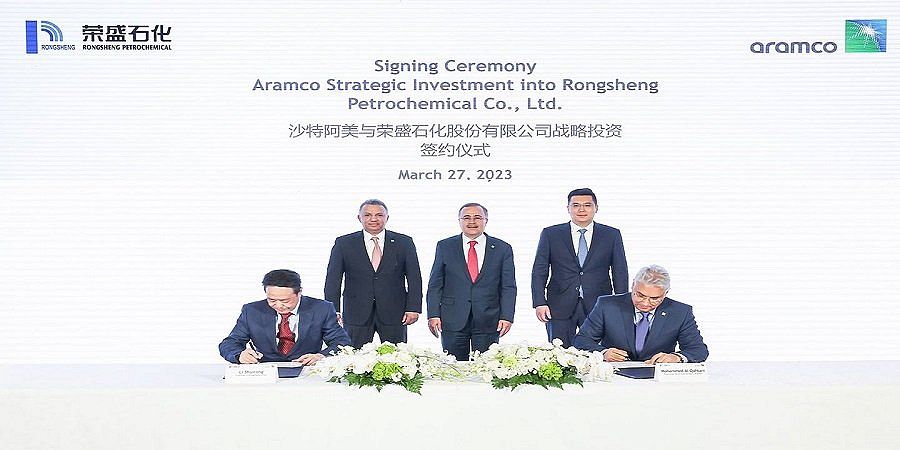Baghdad, August 11 - Neftegaz.RU. According to Oilprice.com, the federal government of Iraq and the semi-autonomous region of Kurdistan pledged to cooperate in resolving their differences in energy issues, hoping to turn «a new page» on energy-related matters.
Iraqi Minister of Oil Ihsan Abdul-Jabbar Ismaael met with Kamal Atroushi, Minister of Natural Resources of the Kurdistan Regional Government (KRG), in Baghdad to discuss a fresh start to the energy relations, Kurdistan 24 news outlet reported.
The Iraqi oil minister «welcomed cooperation with the KRG ministry of natural resources and expressed his ministry’s readiness to remove all the technical and financial barriers», Kurdistan 24 quoted a statement from the Iraqi Oil Ministry as saying.
The ministers agreed to put national interest above other considerations and said transparency was important in the energy sector across Iraq.
The KRG minister hopes that the relations with the federal government in Baghdad will improve and joint projects could be developed in the future.
The KRG said at the end of last month that it would end salary cuts for Kurdistan government employees after the Iraqi federal government released the share of $136 million budget allocation to the semi-autonomous region.
Due to the crisis last year, the Kurdish government, which is even more dependent on crude revenues than the notoriously oil-reliant Iraq, failed to pay out public sector salaries in a timely and adequate fashion, while it employs roughly half of the entire workforce in the region.
Last year, Kurdistan’s oil shipped via pipeline was sold at an average of $28.10 per barrel, with the gross value of crude oil exported via pipeline at $4.44 billion, according to Kurdistan’s 2020 oil audit report.
The region’s total exported and consumed oil for the year stood at 165,942,861 barrels, which was roughly 5 million barrels lower than in 2019.
Author: Charles Kennedy
3152
Iraq and Kurdistan region look to resolve long-standing oil dispute
Iraq is also seeking to increase its production capacity in the natural gas sector to reduce the volume of imports from abroad








